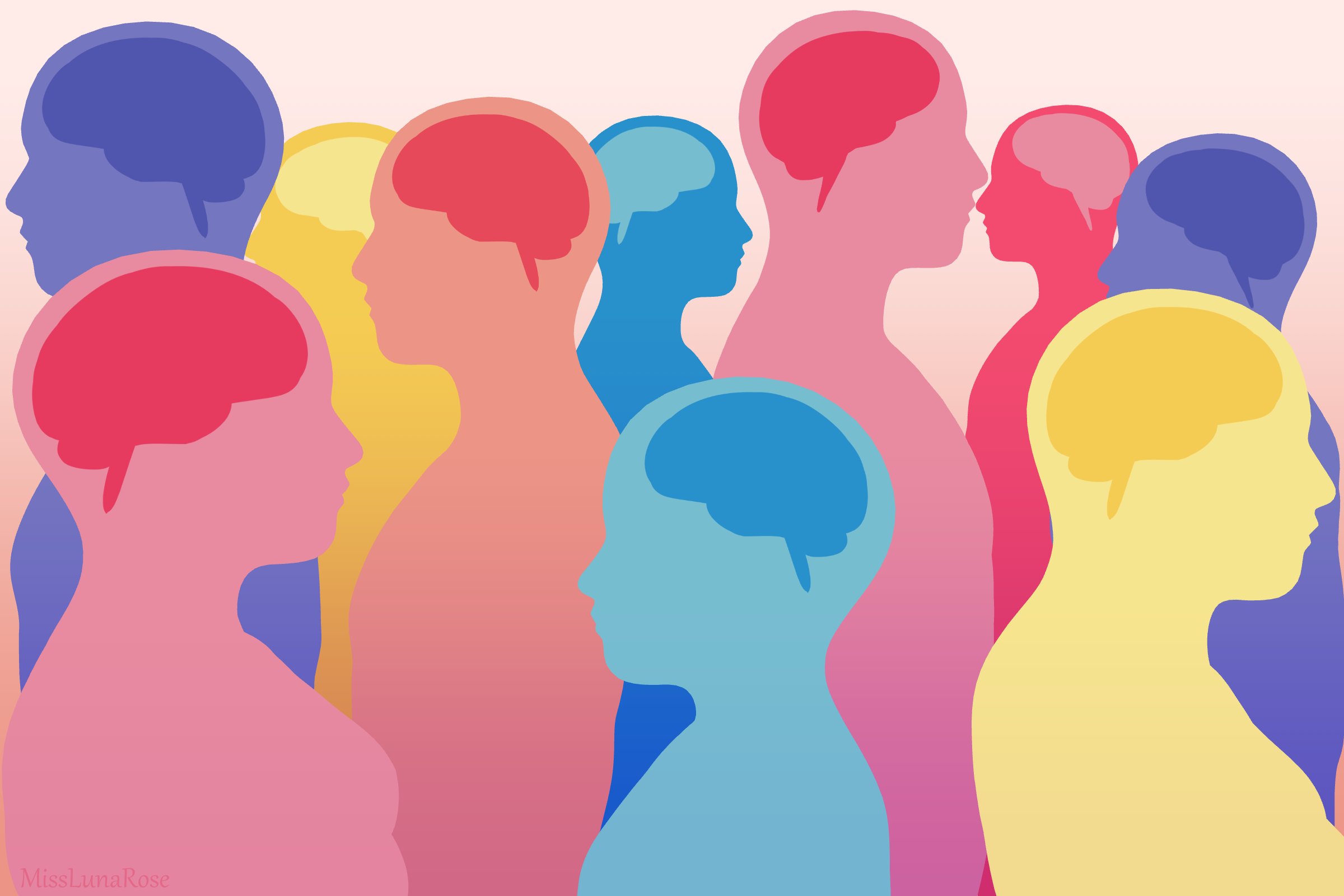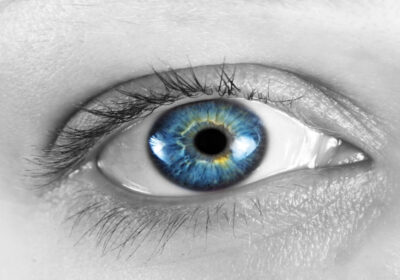
What are symptoms of neurodivergent?
What makes the human race different from other mammals? The brain and the intellectual ability make humans distinguishable compared to animals. Although the human brain seems similar to other animal creatures, the level of intelligence the human brain possesses makes us humans far more superior than other mammals. The human brain is gifted with many skills such as language skills, reasoning, abstract thinking, decision making and the ability to be socially connected with other living beings. These are made possible by the abundance of fibres connecting different parts of the brain. Thus, all of this ability makes a human the most cognitive able among all living forms existing on this earth.
The human brain may seem identical from one to another when roughly seen through the naked eyes. However, through medical research, the brain of a person can be different to the other person. A person may have slight differences in brain structures and function, causing a person to act differently than what is typical in other human beings. This can be in forms of behaviours, ways of thinking, learning process or social skills that are different to those that are considered neurotypical. A person who is different from those who are neurotypical is known as a neurodivergent. A neurodivergent does not mean they are a disabled person just because they perform differently to others. For example, a neurodivergent person may be unable to wear their clothes properly but actually be a maths genius or a person having trouble to write the alphabet but actually a great painter or artist.
A neurodivergent person may seem to be weak at certain ability but often is greatly compensated by other ability or skills. Stigma around neurodivergent should be corrected as they are also human beings that deserve to live happily and functional as other people should. In order to change this stigma, society needs to understand that neurodivergent people do exist. Knowing the symptoms of a neurodivergent can aid a person to accept themselves being a neurodivergent and to get support or resources to help improve their quality of life. Among symptoms of neurodivergent are:
- Struggling to read
- Struggling to do writing
- Struggling to speak and language barrier
- Unusual behaviour such as rocking, sudden repeated movement or twitches and shouting unusual words or offensive words at unusual situations and places
- Acting clumsily
- Unable to keep themselves still as they often lose self-control or acting too active at unusual times
- Unable to stay focus even doing big and important tasks
- Having difficulty to cope with a lot of stimuli such as bright light, sudden noise, loud sounds or in crowd of people which often ends up a person losing control of themselves or easily irritated
- Not showing any social responsiveness in social setting such as not smiling or not looking at a person when being called by him or her
There are many types of neurodiversity that have been identified. Some of the recognised one are:
- Autism/ Autistics Spectrum Disorder (ASD)
- Attention Deficit/ Hyperactivity Disorder (ADHD)
- Dyslexia
- Dyspraxia
- Dysgraphia
- Developmental Dyscalculia (DD)
- Hyperlexia
- Tourette’s Syndrome
- Synaesthesia
- Irene Syndrome
- Obsessive Compulsive Disorder (OCD)
- Anxiety
Since there are many types of neurodivergent, it is difficult for a person to know which type has affected a person. Hence, if a person experiences symptoms relating to the above, do meet a psychologist or psychiatrist to get a formal diagnosis. This could also help the person to get a better understanding of what they are experiencing. They can let people around them know about the condition of the neurodivergence they are having and in hopes to get support from them after understanding that a neurodivergent person just works differently from others.


















